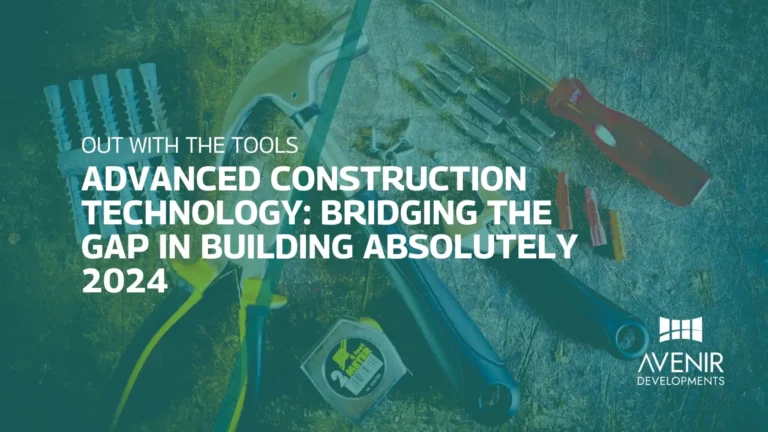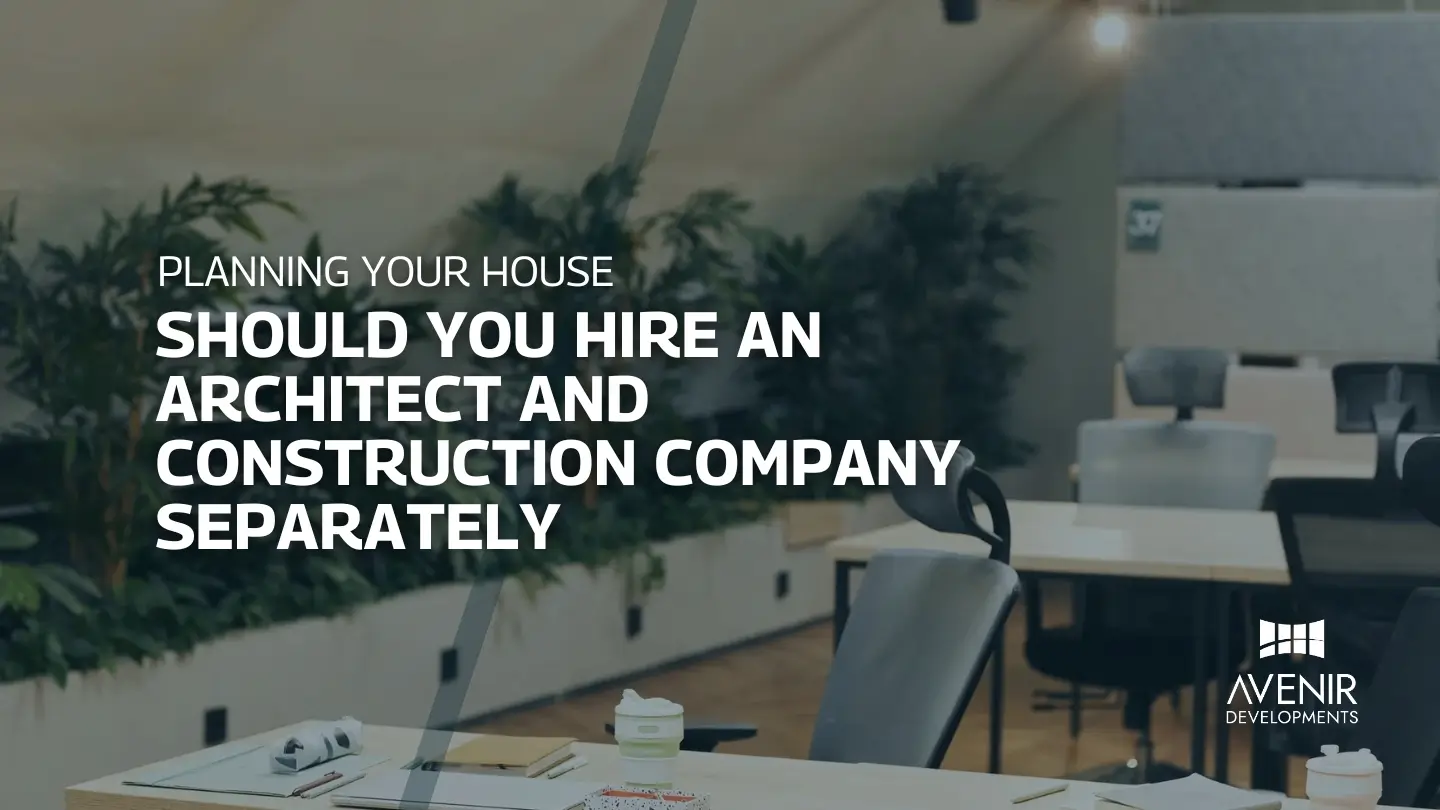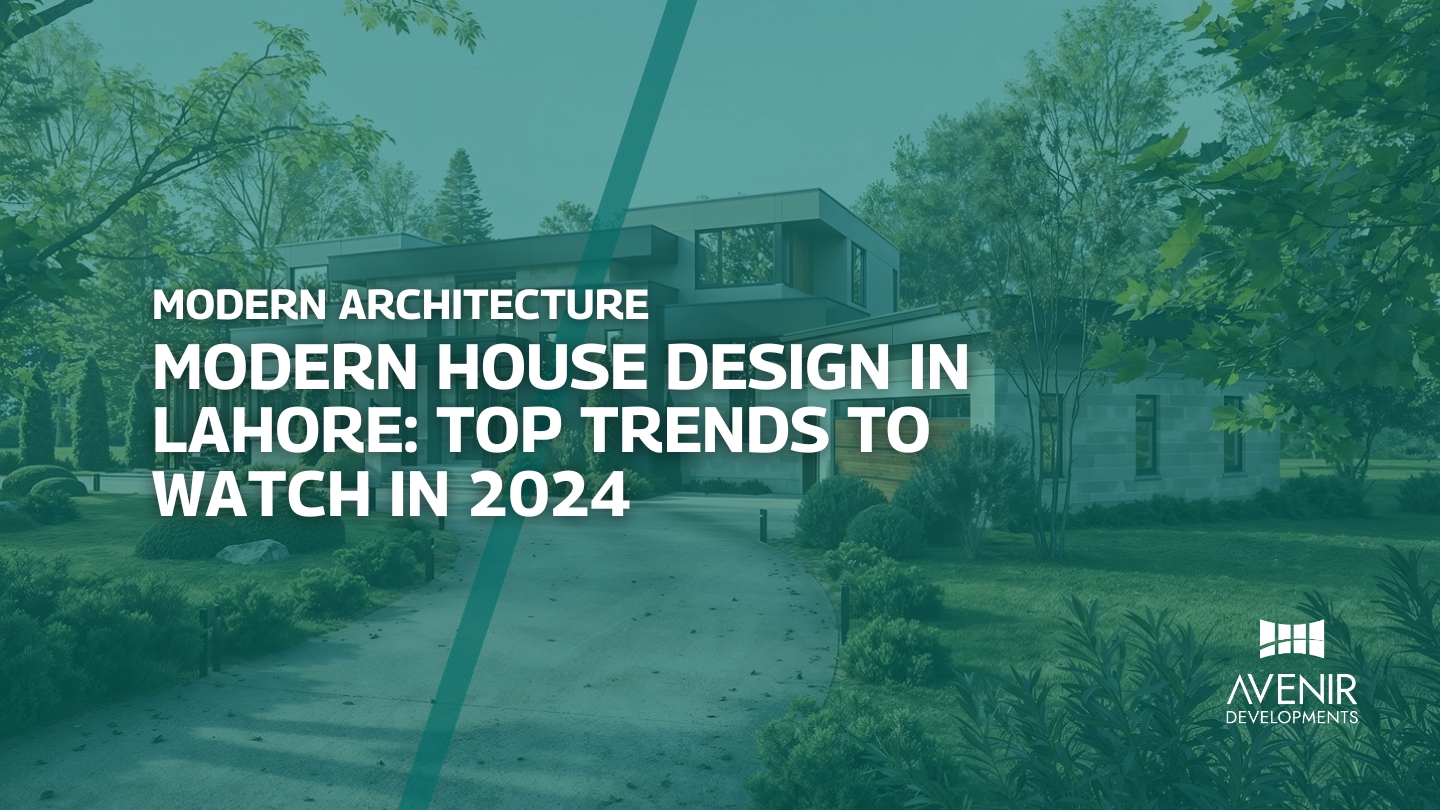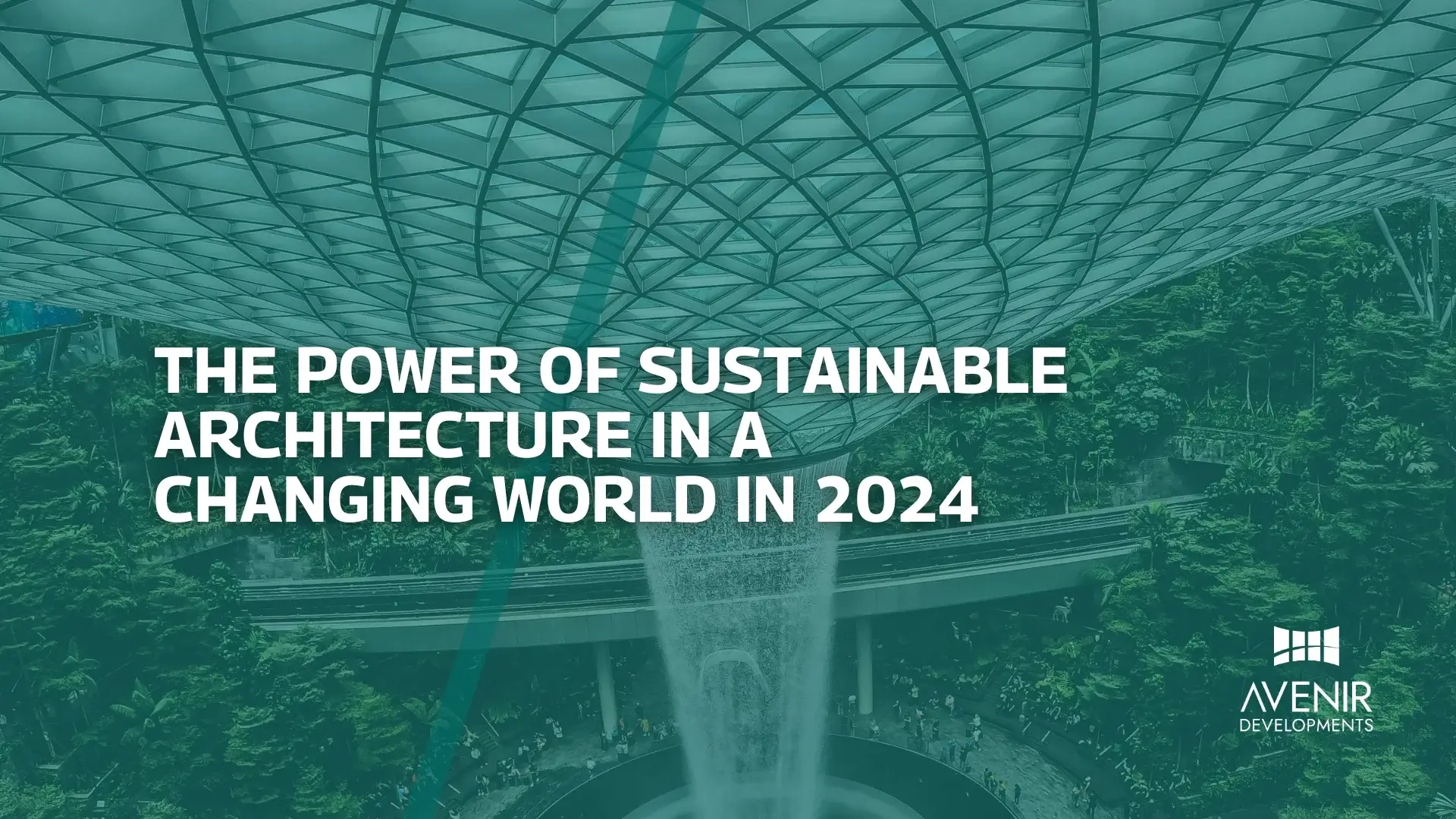Having spent over two decades in the architecture industry, I’ve witnessed incredible transformations in how we design and build structures. From my early days in Faisalabad to working on projects internationally, one thing remains constant: the need to build smarter and more efficiently. This is where construction technology comes in – it’s no longer a futuristic fantasy; it’s the present, and it’s rapidly changing the game.
In this blog post, we’ll delve into the exciting world of advanced construction technology. We’ll explore its historical evolution, the latest trends happening right here in Pakistan and around the globe, and how it can address some of the most pressing challenges faced by the construction industry. We’ll also answer some frequently asked questions and share valuable insights to help you navigate this exciting new landscape. Whether you’re a seasoned architect, a budding developer, or simply someone with an interest in the future of construction, this post is for you.
A Historical Perspective and The Rise of Advanced Construction Technology
The concept of construction technology isn’t entirely new. The very tools we consider traditional today, like cranes and bulldozers, were once considered groundbreaking advancements. Let’s take a quick trip down memory lane to see how construction technology has evolved:
- Early Innovations (Pre-20th Century): The earliest examples of construction technology can be traced back to ancient civilizations. The Egyptians used ramps and rollers to move massive stones for pyramids, while the Romans developed innovative concrete techniques that continue to inspire us today https://www.britannica.com/technology/construction.
- The 20th Century: The Rise of Modern Tools and Techniques: The 20th century witnessed a surge in construction technology advancements. The invention of steel, powered equipment like excavators and cranes, and prefabricated building components revolutionized the industry, allowing for faster construction times and larger, more complex structures https://en.wikipedia.org/wiki/Category:Building_technology.
- The Digital Revolution and Beyond (20th Century Onwards): The dawn of the digital age ushered in a new era of construction technology. Computer-aided design (CAD) software transformed architectural drawings from physical blueprints to digital models, fostering collaboration and precision. Building Information Modeling (BIM) further revolutionized the process by creating a central repository of digital data for the entire building lifecycle https://bimforum.org/.
The Importance of Advanced Construction Technology Today:
In today’s world, facing issues like climate change, resource scarcity, and a growing global population, the construction industry needs to be smarter and more sustainable than ever before. Advanced construction technology offers a multitude of benefits:
- Increased Efficiency and Productivity: Advanced tools and techniques like 3D printing and prefabrication can significantly reduce construction time and waste, leading to faster project completion and cost savings.
- Enhanced Safety: Construction remains a hazardous industry. Advanced technologies like wearable monitoring devices and drone inspections can minimize risks and create safer work environments for construction workers.
- Improved Building Quality and Performance: BIM and other digital tools allow for better design coordination and clash detection, leading to fewer errors and higher-quality buildings with improved energy efficiency and sustainability.
- Bridging the Skills Gap: The construction industry faces a growing skills gap. Advanced technology can address this by automating certain tasks and upskilling the workforce through new training programs focused on utilizing these technologies.
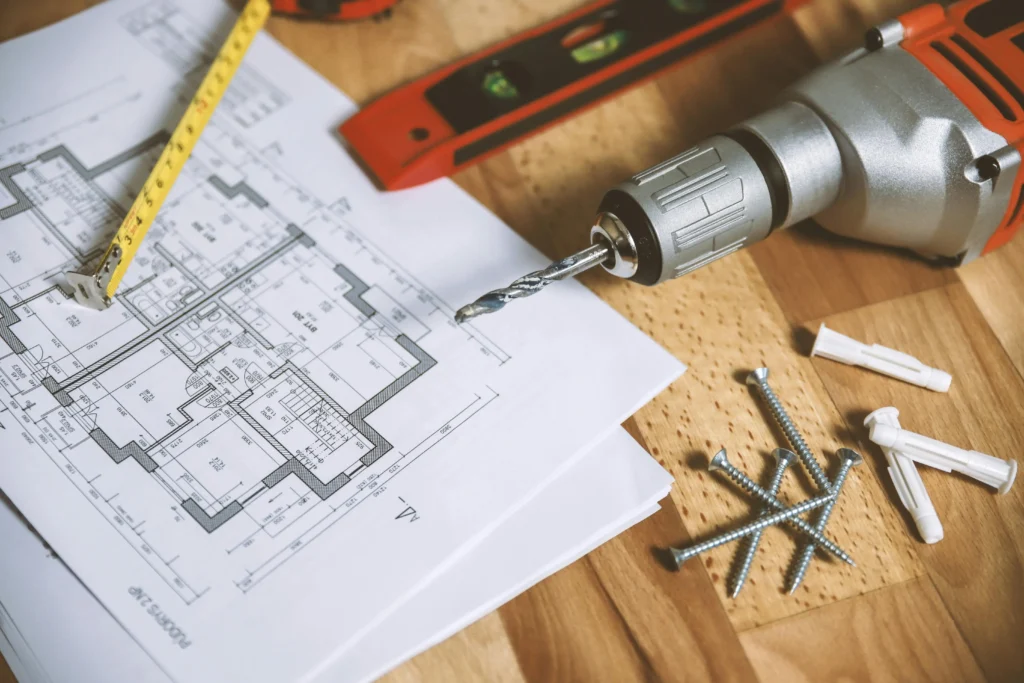
This is just a glimpse into the vast potential of advanced construction technology. In the next section, we’ll explore the latest trends and developments happening right here in Pakistan and around the world.
The Cutting Edge: Latest Trends in Construction Technology Around the World and in Pakistan
The world of construction technology is constantly evolving, with new advancements emerging all the time. Here’s a look at some of the most exciting trends happening globally and how Pakistan is embracing these innovations:
Global Trends:
- Building Information Modeling (BIM): BIM has become the industry standard for collaborative design and construction. It allows architects, engineers, and contractors to work on a single digital model, improving communication, reducing errors, and optimizing resource allocation. Pakistan’s construction sector is witnessing a growing adoption of BIM, with government initiatives and private sector companies recognizing its benefits.
- Modular Construction: This approach involves building sections of a structure off-site in a controlled environment. These modules are then transported to the construction site for assembly, leading to faster completion times, reduced waste, and improved quality control. While still in its nascent stages in Pakistan, modular construction shows promise for specific projects like schools and hospitals, with companies like House of Habib exploring its potential [invalid URL removed].
- 3D Printing in Construction: This technology utilizes 3D printers to create building components layer-by-layer using concrete, recycled materials, or even bioplastics. While still in its early stages of development, 3D printing offers immense potential for sustainable construction and complex geometric designs. Pakistan is seeing pilot projects utilizing 3D printing for building components, with companies like CE-Cube exploring its applications [invalid URL removed].
- Robotics and Automation: Robots are increasingly used on construction sites to perform repetitive tasks like bricklaying, welding, and demolition. This not only improves efficiency and productivity but also reduces risks associated with hazardous tasks. Pakistan’s adoption of robotics in construction is still limited, but research institutions and universities are actively exploring its potential applications.
- Construction Drones: Drones equipped with high-resolution cameras and LiDAR (Light Detection and Ranging) technology are revolutionizing construction site monitoring. They can be used for surveying, mapping progress, inspecting hard-to-reach areas, and improving overall project management. Drone usage in the Pakistani construction industry is growing, with companies offering drone-based surveying and mapping services specifically for construction projects.
The construction industry is on the cusp of a revolution. Advanced construction technology is no longer a futuristic fantasy; it’s here, and it’s rapidly transforming how we design and build structures. From faster project timelines to enhanced safety and sustainability, these advancements are bridging the gap in building efficiency across the globe, with immense potential for Pakistan’s construction sector.
A Historical Perspective:
Construction technology isn’t entirely new. From the ancient Egyptians using ramps to build pyramids to the 20th century’s invention of steel and cranes, innovation has always played a role. But the digital revolution ushered in a new era:
- Computer-aided design (CAD): Revolutionized architectural drawings, fostering collaboration and precision.
- Building Information Modeling (BIM): Created a central digital model for the entire building lifecycle, minimizing errors and improving quality.
The Benefits of Advanced Construction Technology:
- Increased Efficiency and Productivity: Techniques like 3D printing and prefabrication can significantly reduce construction time and waste.
- Enhanced Safety: Wearable monitoring devices and drone inspections minimize risks for construction workers.
- Improved Building Quality and Performance: BIM and other digital tools allow for better design coordination and clash detection, leading to fewer errors and higher-quality buildings with improved energy efficiency.
- Bridging the Skills Gap: Advanced technology can automate certain tasks and upskill the workforce through new training programs.
Global Trends and Pakistan’s Potential:
The world is witnessing exciting advancements in construction technology:
- Building Information Modeling (BIM): Gaining traction in Pakistan, with government initiatives promoting its adoption.
- Modular Construction: Offers promise for specific projects, with companies like House of Habib exploring its potential.
- 3D Printing in Construction: Pilot projects are underway, with companies like CE-Cube exploring applications.
- Robotics and Automation: Research institutions are actively exploring its potential applications.
- Construction Drones: Companies are offering drone-based surveying and mapping services specifically for construction projects.
Challenges and Opportunities in Pakistan:
While Pakistan embraces these advancements, there are challenges to address:
- Skilled Workforce Gap: Developing training programs to bridge the gap is crucial.
- Initial Investment Costs: The long-term benefits often outweigh the initial investment.
- Infrastructure and Regulations: Upgrades and clear regulations for technologies like drone use are necessary.
Despite these challenges, Pakistan has immense potential to capitalize on advanced construction technology. Government initiatives, public-private partnerships, and investments in research and development hold the key to unlocking this potential.
Avenir Developments: Your Partner in Building Smarter
At Avenir Developments, we stay at the forefront of construction technology advancements. Our team of experienced architects and engineers can guide you through the process of integrating these technologies into your project, ensuring optimal efficiency, cost-effectiveness, and a successful outcome.
These are just a few examples of the exciting advancements transforming the construction landscape. It’s important to note that the pace of innovation is rapid, and new technologies are constantly emerging.
Challenges and Opportunities in Pakistan:
While Pakistan is embracing advanced construction technology, there are certain challenges to consider:
- Skilled Workforce Gap: Implementing these technologies requires a skilled workforce trained to utilize and maintain them. Developing training programs and upskilling initiatives is crucial for successful integration.
- Initial Investment Costs: Advanced technology often comes with a higher upfront cost compared to traditional methods. However, the long-term benefits in terms of efficiency, productivity, and sustainability can outweigh the initial investment.
- Infrastructure and Regulations: Pakistan’s existing infrastructure may require upgrades to fully support the adoption of certain technologies like 3D printing. Additionally, developing clear regulations for the safe and responsible use of drone technology in construction is necessary.
Despite these challenges, Pakistan has immense potential to capitalize on the advancements in construction technology. Government initiatives promoting innovation, fostering public-private partnerships, and investing in research and development hold the key to unlocking this potential. By embracing these innovations, Pakistan can build a more efficient, sustainable, and future-proof construction industry.
In the next section, we’ll address some frequently asked questions about advanced construction technology, helping you navigate this exciting new landscape.
Demystifying Construction Technology: Frequently Asked Questions (FAQs)
Advanced construction technology can seem complex at first. Here, we’ll answer some frequently asked questions to help you gain a clearer understanding:
Q: What are the benefits of using advanced construction technology in my building project?
A: There are numerous benefits, including:
- Reduced construction time and costs: Technologies like prefabrication and modular construction can significantly shorten project timelines and minimize waste, leading to cost savings.
- Improved building quality and performance: BIM and other digital tools enable better design coordination and clash detection, resulting in fewer errors and higher-quality buildings with enhanced energy efficiency.
- Enhanced safety for workers: Robotics can automate hazardous tasks, while wearable monitoring devices and drone inspections can minimize risks on-site.
- Increased sustainability: Technologies like 3D printing with recycled materials and smart building systems for optimized energy use contribute to a more sustainable construction process.
Q: Is advanced construction technology too expensive for small projects?
A: While some advanced technologies might have a higher initial investment, the long-term benefits can outweigh the costs. Additionally, not all advanced construction technologies are expensive. Simple tools like digital project management platforms can significantly improve efficiency and communication on smaller projects.
Q: How can I ensure my construction team is prepared to use advanced technology?
A: Investing in training programs for your workforce is crucial. Several institutions and training providers offer courses on BIM, drone technology, and other relevant skills. Additionally, collaborating with companies specializing in advanced construction technology can provide valuable expertise and support.
Q: What are some resources to learn more about advanced construction technology?
A: Numerous resources are available online and offline. Industry publications, construction technology forums, and online courses can provide valuable information. Additionally, attending construction technology conferences and workshops can offer insights into the latest trends and advancements.
Q: How can Avenir Developments help me integrate advanced construction technology into my project?
A: At Avenir Developments, we stay at the forefront of construction technology advancements. Our team of experienced architects and engineers can guide you through the process of selecting the most suitable technologies for your project, ensuring optimal efficiency, cost-effectiveness, and a successful outcome.
We have extensive experience working with various advanced construction technologies, including BIM, modular construction, and drone technology. We can also connect you with trusted partners specializing in specific technology implementation.
Do you have any other questions about advanced construction technology? Feel free to leave a comment below, and we’ll be happy to answer them. In the concluding section, we’ll summarize the key takeaways and provide a call to action to help you leverage the power of advanced construction technology in your next project.
Expert Tips for Embracing Advanced Construction Technology
As an architect with over two decades of experience, I’ve witnessed firsthand the transformative power of advanced construction technology. Here are some valuable tips to help you embrace these advancements in your building projects:
- Start Early: Don’t wait until the construction phase to consider technology. Integrate it from the very beginning, during the design and planning stages. This allows for optimal utilization of technology throughout the project lifecycle.
- Identify Your Needs: Not all construction projects require the latest and most complex technology. Carefully assess your specific needs and budget to identify the most suitable technologies for your project.
- Invest in Your Workforce: Upskill your team or collaborate with partners who possess the expertise to utilize and maintain advanced construction technology. A skilled workforce is vital for successful implementation.
- Embrace Collaboration: Construction technology thrives on collaboration. Utilize digital platforms to facilitate communication and information sharing between architects, engineers, contractors, and all stakeholders involved in the project.
- Focus on Long-Term Benefits: While the initial costs of advanced technology might seem high, consider the long-term benefits like increased efficiency, improved quality, and reduced rework. These benefits can lead to significant cost savings over the project lifecycle.
- Stay Informed: The construction technology landscape is constantly evolving. Stay informed about the latest trends and advancements by attending industry events, subscribing to relevant publications, and participating in online forums.
- Seek Expert Advice: Don’t hesitate to seek professional guidance. Architects and construction companies specializing in advanced construction technology can provide valuable insights and ensure successful integration into your project.
By following these tips and leveraging the power of advanced construction technology, you can build smarter, faster, and more efficiently. The future of construction is brimming with exciting possibilities, and those who embrace these advancements will be at the forefront of building a more sustainable and prosperous future.
Call to Action:
Are you ready to unlock the potential of advanced construction technology for your next project? Contact Avenir Developments today! Our team of experienced architects and engineers can guide you through the process, helping you select the most suitable technologies to optimize your project’s efficiency, cost-effectiveness, and overall success.
Contact us on WhatsApp or call +923001101103 to schedule a consultation and discuss how Avenir Developments can help you build smarter with advanced construction technology.
Conclusion
The construction industry stands at a pivotal juncture. Advanced construction technology offers a multitude of benefits, promising to bridge the gap in building efficiency, safety, and sustainability. From collaborative design tools like BIM to automated processes with robotics, these advancements are transforming the way we design and build.
While Pakistan faces challenges like workforce skill gaps and initial investment costs, the potential benefits are undeniable. By embracing these innovations, fostering collaboration between stakeholders, and investing in training programs, Pakistan can position itself as a leader in the future of construction.
Here’s a quick recap of the key takeaways:
- Advanced construction technology offers significant advantages in terms of efficiency, safety, building quality, and sustainability.
- Trends like BIM, modular construction, and drone technology are revolutionizing the construction landscape globally.
- Pakistan has immense potential to capitalize on these advancements, but overcoming challenges like workforce training and infrastructure upgrades is crucial.
- By integrating advanced construction technology into your projects, you can build smarter, faster, and more efficiently.
The future of construction is bright. By embracing these innovative tools and fostering a culture of continuous learning, we can build a more sustainable and prosperous future for generations to come.
Ready to take the next step?
Contact Avenir Developments today! Our team of experienced architects and engineers can help you navigate the exciting world of advanced construction technology, ensuring your project benefits from the latest advancements. We offer comprehensive consultations to identify the most suitable technologies for your specific needs and budget.
Don’t wait – contact us on WhatsApp or call +923001101103 to schedule a consultation and unlock the potential of advanced construction technology for your next project!
Read More: House Construction Cost Breakdown: Why is there Mystery Behind Building Costs

